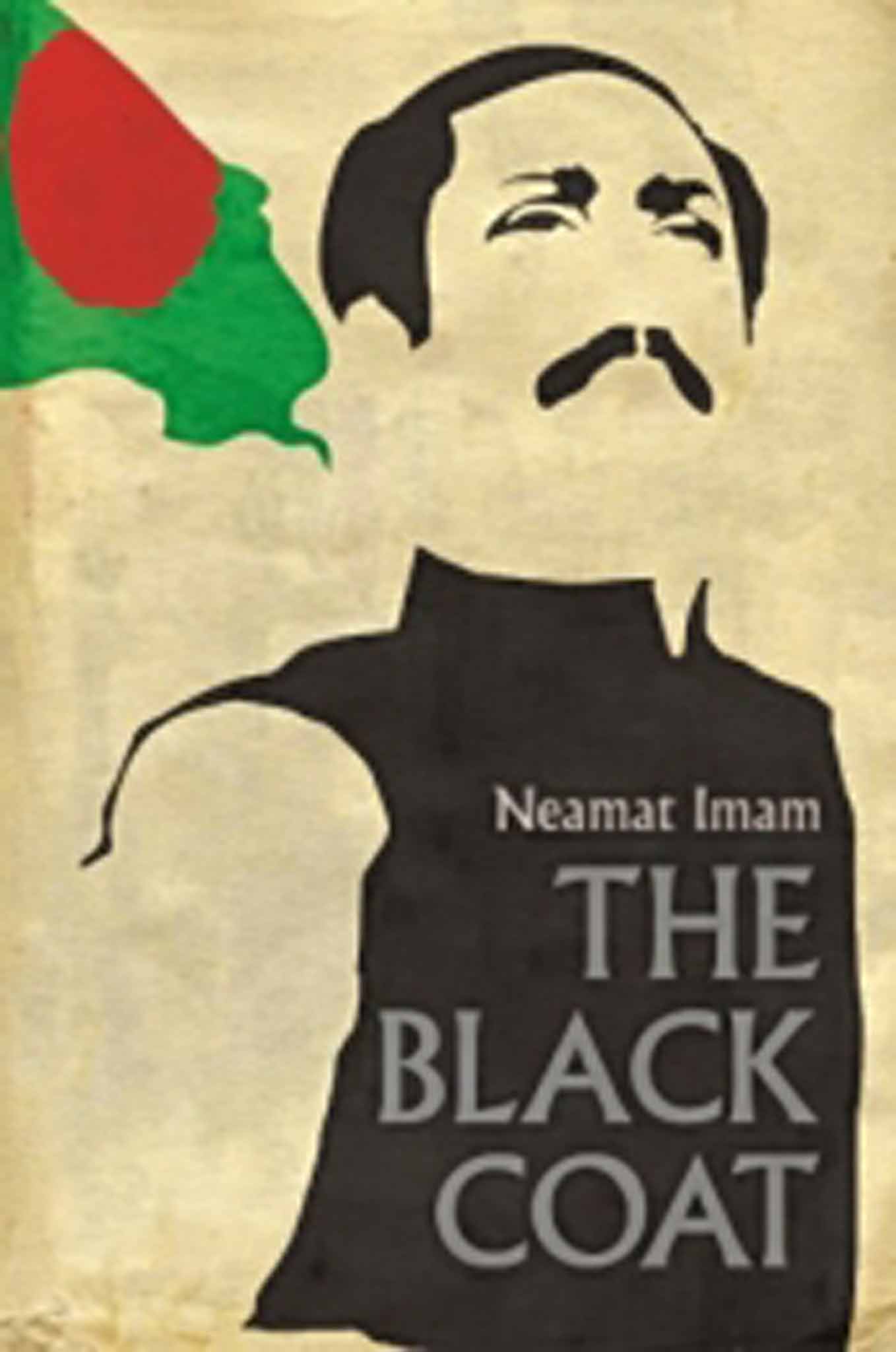The Black Coat by Neamat Imam - book review: Dark political satire fuelled by anger and absurdist humour
A study of the inspiration and limitation of words, the corrupting influence of power, and the dangers of charisma

On 7 March 1971 the Bengali independence leader Sheikh Mujibur Rahman, head of the Awami League party, recent winners of a landslide election victory in East Pakistan, but denied authority by the West Pakistan powers, gave an impassioned speech to thousands gathered in the Dhaka race course stadium. It became the upbeat to a period of civil disobedience and trigger for the Liberation War (March to December 1971). It lies at the heart of this darkly unsettling and provocative political satire by Neamat Imam.
The first-person narrator Khaleque Biswas, "grown old and irrelevant because of my self-contradictions and my memory", leads the reader a merry dance. He is a young journalist when the novel opens in the immediate aftermath of "the birth of a nation"; idealistic and self-righteous, he writes for the Dhaka newspaper The Freedom Fighter, stories of heroism and belief in the new government of Bangladesh. Revelling in the focus on "the Bengali psyche, the evolution of Bengali cultural tradition and the history of the Bengali renaissance", he observes "government documents published in Urdu, the language of Pakistan, and Urdu-Bengali dictionaries gathered together and set ablaze in the national park".
Disillusion sets in as the tragic period of the 1974 famine approaches. Khaleque questions the lack of action and the efficacy of words. Fired when he suggests writing more critical pieces, he begins listening obsessively to a taped recording of Sheikh Mujib's 7 March speech, trying to feel the excitement those words once stirred. Thrown much into the company of his quiet, modest lodger, Nur Hussain, sent to him from a rural location in the belief Khaleque could help the young man make his way in the city, a period of reappraisal begins.
It transpires that Nur Hussain has a gift for mimicry and a passing resemblance to Sheikh Mujib. Clothing Nur in the Mujib black coat – "the coat had the power to make all men look the same – strong and unafraid in the quest for freedom" – an increasingly mercenary Khaleque has a crackpot scheme. The young man will be his obedient performing puppet and make his fortune.
A study of the inspiration and limitation of words, the corrupting influence of power, the dangers of charisma, and a call to question accepted versions of events, Imam's becomes a compelling tale of absurdist humour reminiscent of Bohumil Hrabal and bristles with the barely contained anger palpable in John Pilger's 1974 documentary of the famine. A notable contribution to a chapter of recent history too often forgotten.
Subscribe to Independent Premium to bookmark this article
Want to bookmark your favourite articles and stories to read or reference later? Start your Independent Premium subscription today.

Join our commenting forum
Join thought-provoking conversations, follow other Independent readers and see their replies